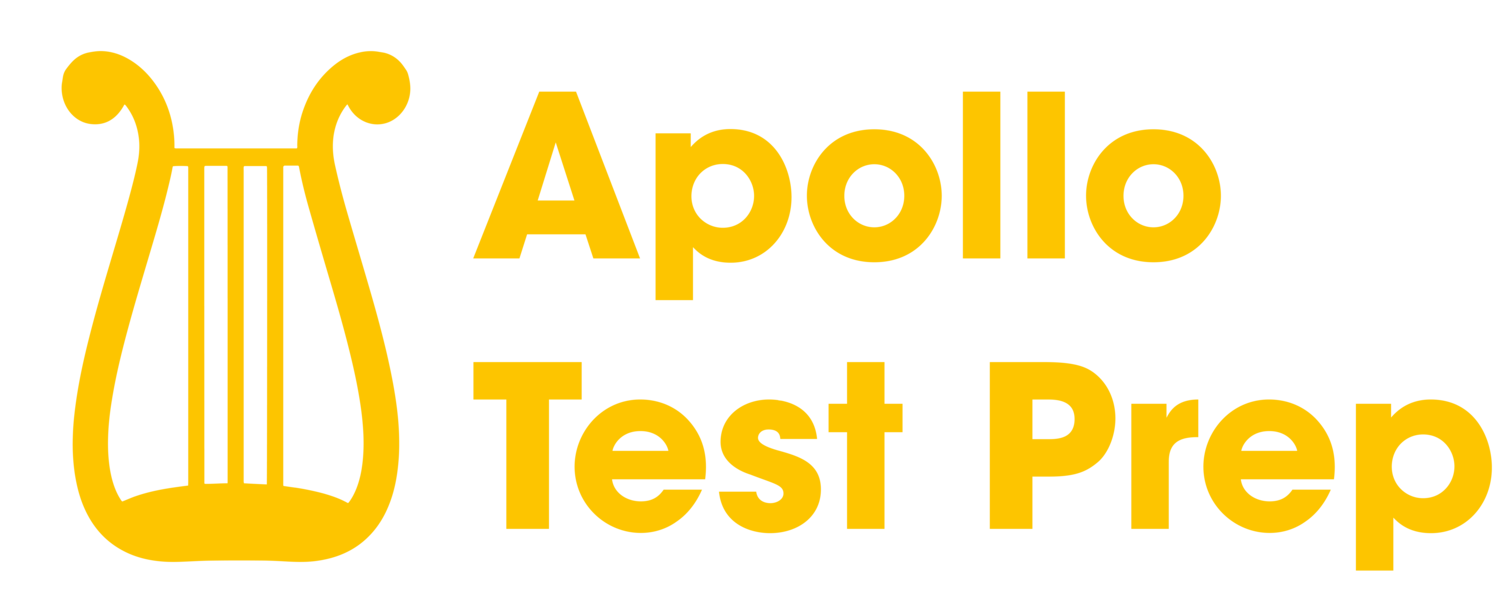LSAT Explanation PT 42, S4, Q19: Editorialist: Some people argue that we
LSAT Question Stem
The editorialist's argument depends on assuming which one of the following?
Logical Reasoning Question Type
This is a Necessary Assumption question.
Correct Answer
The correct answer to this question is D.
LSAT Question Complete Explanation
First, let's analyze the argument in the passage. The editorialist presents the following argument:
1. Premise: There can be no obligation to an entity unless that entity has a corresponding right.
2. Premise: If we have an obligation toward trees, then trees have rights.
3. Premise: Trees are not the sort of things that can have rights.
4. Conclusion: Therefore, we have no obligation not to cut down trees.
The question type is Necessary Assumption, which asks us to identify an assumption the editorialist's argument depends on. Now, let's evaluate each answer choice:
a) If an entity has a right to certain treatment, we have an obligation to treat it that way.
- This answer choice reverses the conditional relationship stated in the stimulus but is not necessary to the argument. The argument focuses on whether we have an obligation not to cut down trees, not on whether having a right to certain treatment creates an obligation.
b) Any entity that has rights also has obligations.
- This answer choice is irrelevant. We already know from the stimulus that trees are not the sort of things that have rights. We are not concerned with the obligations of entities that have rights.
c) Only conscious entities are the sort of things that can have rights.
- This answer choice supports the claim that trees don't have rights, but we already knew that from the stimulus. Limiting rights to conscious beings is not necessary for this argument.
d) Avoiding cutting down trees is not an obligation owed to some entity other than trees.
- This is the necessary assumption. Without this assumption, the conclusion would fall. The argument assumes that we don't owe it to something or somebody else not to cut down trees. If we negate this answer choice, it would destroy the conclusion, making it the correct answer.
e) One does not always have the right to cut down the trees on one's own property.
- This answer choice is irrelevant. Even if we did have a "right" to cut down trees on our property, it does not address whether we have an "obligation" not to cut down trees in general.
In conclusion, the correct answer is D because it is the necessary assumption that the editorialist's argument depends on.
